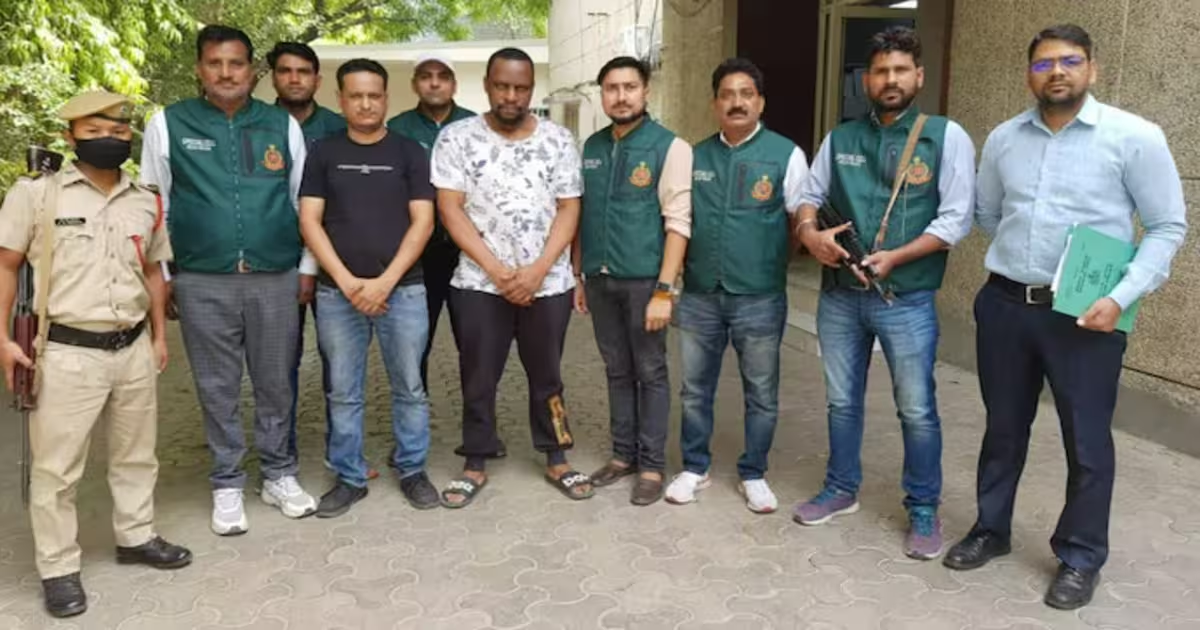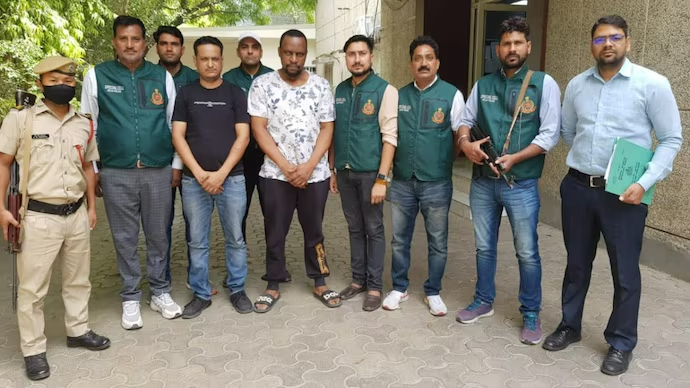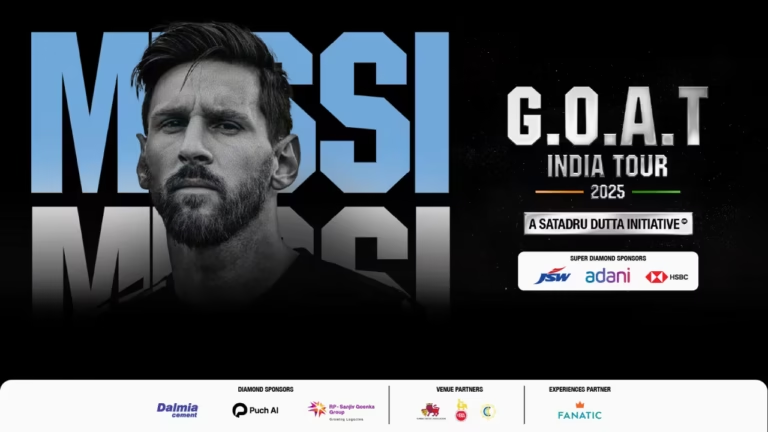
Delhi Drug Home Delivery Case nigerian kingpin
Published on: July 28, 2025 at 21:35
Delhi Police’s recent high‑profile bust has exposed an alarming new trend: drug cartels using food‑delivery‑style methods to deliver cocaine, MDMA, and ganja directly to customers’ doorsteps. This marks a troubling shift in criminal distribution models.

The operation, run by a Nigerian kingpin. Delhi Police has busted a ₹100 crore drug cartel that operated through app‑style delivery, WhatsApp ordering, and covert courier rings—read how the syndicate worked and what it reveals about modern trafficking.”
Delhi Drug Home Delivery Case: ₹100 Crore Racket Busted in Tech-Savvy Cartel
In a shocking revelation that’s shaking the nation’s capital, the Delhi drug home delivery network has been exposed as a ₹100-crore criminal empire. Operating like a food delivery app, the syndicate enabled customers to order drugs via WhatsApp and receive them at their doorstep. The operation, run by a Nigerian kingpin, brought to light how deeply technology has infiltrated the underworld—making it easier, faster, and more anonymous than ever to distribute illegal substances in Delhi-NCR.
Also Read:
Pune Rave Party Case: Eknath Khadse’s Son‑in‑Law Arrested Amid Scandal
A Digital Drug Empire Running Through WhatsApp
The bust came after a months-long investigation by the Delhi Police Crime Branch, which uncovered how the cartel operated with chilling efficiency. Customers placed orders for cocaine, MDMA, and ganja through WhatsApp using coded messages. Couriers—mostly women—picked up the packages and delivered them discreetly, often wearing black helmets to hide their identities. This Delhi drug home delivery model mimicked food delivery services, making narcotics distribution nearly seamless for the elite circles of South Delhi and beyond.
The New Age of Drug Trafficking: Convenience Meets Crime
This is not a one-off case. In upscale areas like Vasant Kunj, police discovered that a single local network was making over ₹1 crore per month using similar home delivery tactics. A handwritten diary found during a raid revealed detailed records of addresses, code names, payment logs, and even feedback from “customers.” The sophistication of the Delhi drug home delivery model signals a disturbing evolution in how narcotics are trafficked in urban India—direct, digital, and dangerously accessible.
International Links and Local Foot Soldiers
What makes this case particularly concerning is its international connection. The syndicate’s mastermind operated from Nigeria, coordinating daily logistics using encrypted chats. Local Indian operatives, often hired as students or part-time delivery agents, executed the deliveries. Several women were used to avoid suspicion, especially in posh localities where law enforcement might be more relaxed. This merging of global drug supply chains with local delivery infrastructure has redefined how drug crimes are committed and concealed in modern cities.
Also Read:
Pune Rave Party Case: Eknath Khadse’s Son‑in‑Law Arrested Amid Scandal
What the Delhi Drug Home Delivery Case Reveals About Today’s Threats
The Delhi drug home delivery case is a wake-up call—not just for law enforcement, but for society. As technology enables anonymity, criminal networks are adapting faster than our laws or surveillance systems. The youth, partygoers, and even high-income professionals are now able to access dangerous substances as easily as ordering groceries or dinner.
The rise of delivery‑style narcotics syndicates in Delhi underscores how tech, anonymity, and globalization are reshaping local drug crime. While enforcement agencies are cracking down, the sophistication of these networks reveals new challenges for law enforcement and public awareness.
The Delhi drug home delivery racket is a reminder that crime evolves with society. As delivery apps redefine convenience, criminal syndicates are weaponizing that same infrastructure for illegal trade. If unchecked, this trend could spread to other metros, making drugs more accessible than ever before. It’s time for digital surveillance, stricter courier screening, and greater public awareness to stay ahead of this tech-savvy criminal wave






